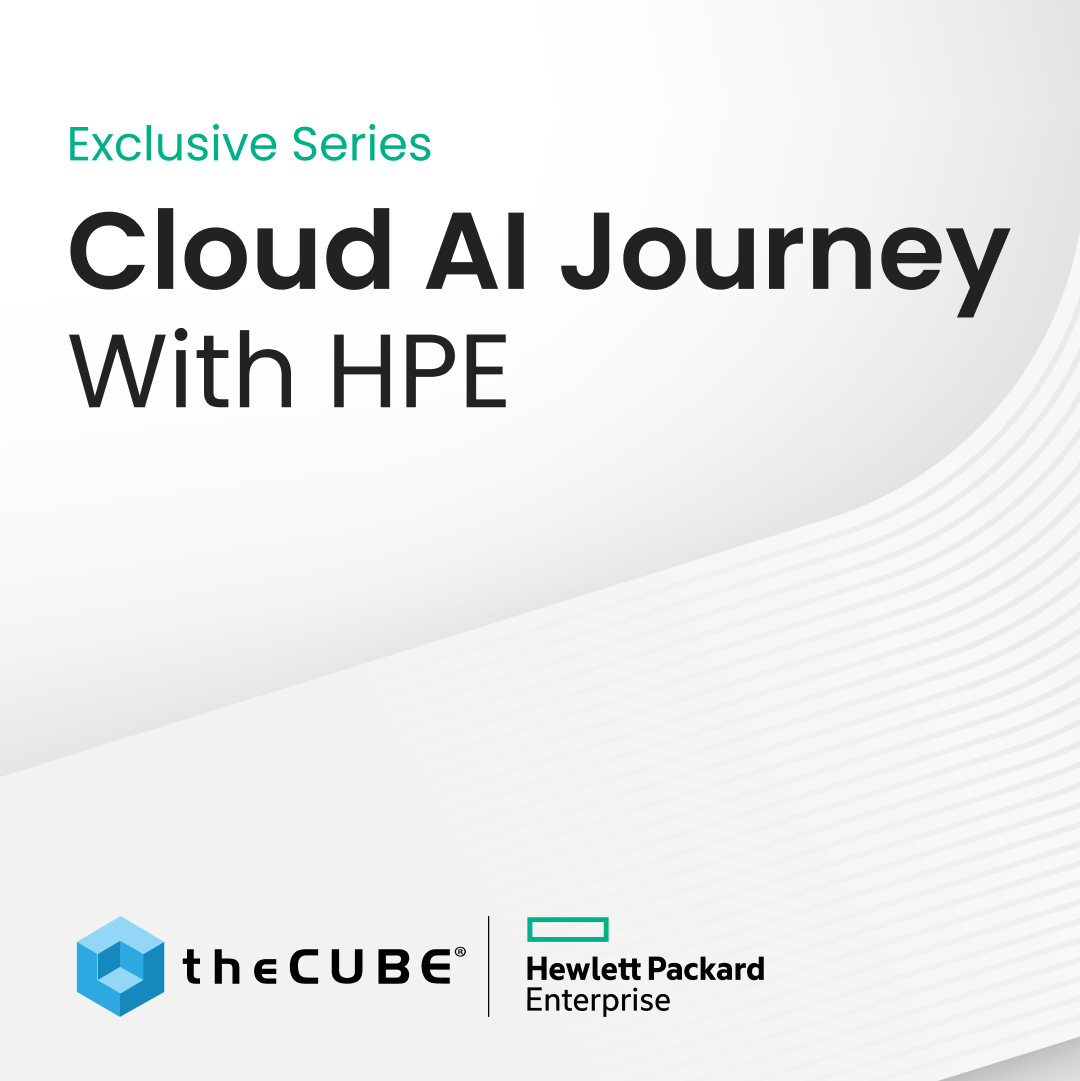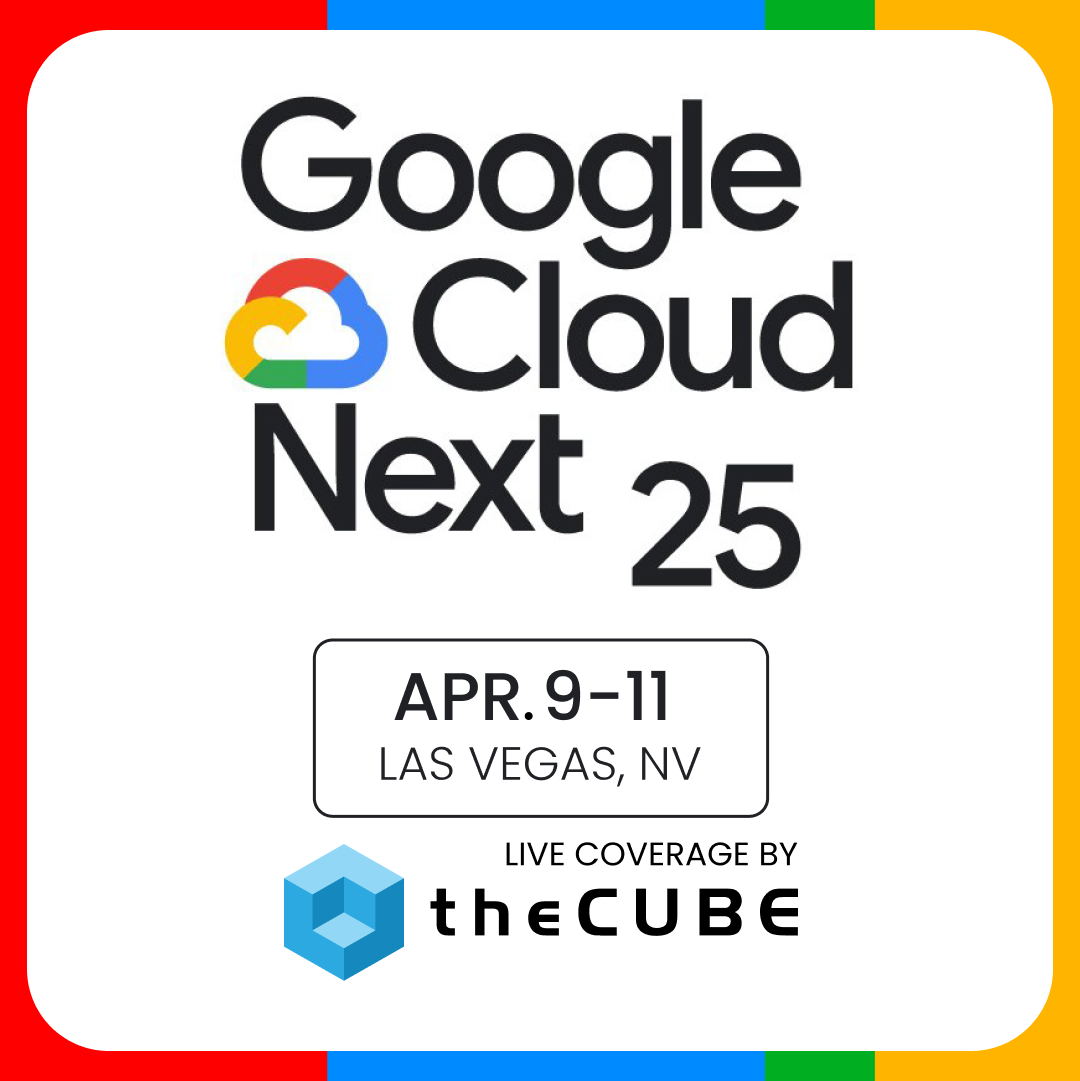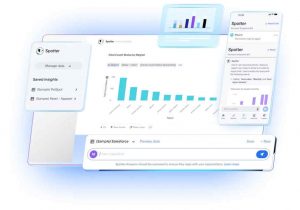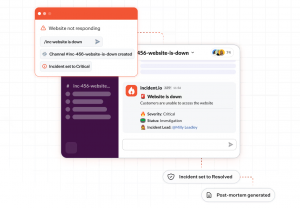Enough Alarmism on Peering Disputes from All Sides
Nate Anderson of Arstechica posted this article today slamming the latest study from A.T. Kearney on the nA Viable Future Model for the Internet commissioned by European broadband providers, but it’s led to more unnecessary alarmism on all sides. The Kearney report make the argument that an impending infrastructure crisis is upon the Internet unless they can charge content providers for bandwidth, but this always comes off as accusing the content providers (especially the ones named in the report) of free-riding. The content distributors then act like they’re victims of attempted extortion and then go on to cite the myth that all web and content providers should have the same capability on the Internet under “Net Neutrality” when the reality is that content providers have always had to pay more for superior bandwidth to some network carrier (not necessarily the broadband providers) in one form or another. But these alarmist arguments from either side do nothing to advance Internet public policy and they pose a real risk of unwanted government intervention on both sides of the Atlantic.
Why even imply free-riding?
The A.T. Kearney report doesn’t make any specific charges of free-riding against the content providers, but the alarmist tone gives the content providers all the ammunition they need and Nate Anderson went out of his way to play up the free-riding charge. The alleged proof of the ISP’s evil intentions cited in Anderson’s story is this excerpt from the Kearney report:
“Most Online Service Providers pay a fee to their Connectivity Provider(s) to be connected to the Internet, which is generally based on the bandwidth they require, while the largest ones act as if they were Connectivity Providers in their own right and connect to others via peering agreements. In both cases these charges are generally flat fees, not linked with usage and they form a very small part of their total expenditure/cost structure. In effect, Online Service Providers are paying to connect their services to the network but are not paying for downstream service delivery.”
While the report’s intension may not have been to suggest that content providers were free-riding, I can see how it came off that way. If the online service providers are paying their connection charges which may be going to a transit carrier, a CDN provider, or the broadband provider, what difference does it make if they’re paying for “downstream service delivery” or not? If the broadband provider wants to compete against the transit providers or the CDN providers for the content providers’ business, just offer a better service at a more competitive price to the content providers. Why imply that the content providers aren’t paying for something that they should be paying when they should be arguing that the content providers might be paying too much and that broadband providers can offer a better service?
It’s baffling why the report would imply that the content providers are paying small “flat fees” that somehow weren’t sufficient because this played right into the hands of the critics of broadband providers. The fact is that the content providers would often end up paying less to the broadband providers for higher quality bandwidth than the connection charges they currently pay to transit providers. Why even make these charges when broadband providers don’t have the business or political clout to block the content providers using alternative methods for delivery, but come off looking like the bad guys? If there are bad content players like Netflix and Level 3 demanding hundreds or thousands of Gbps of additional private peering capacity from broadband providers for free, then call them out but don’t just blame all content providers.
Scaremongering on usage based billing
Unfortunately, Anderson’s article interpreted the the Kearney report in the worst possible way. Anderson argues that the ISPs want to “extend usage based billing” from consumers to the content providers. That is an effective scare tactic because the audience is generally only familiar with consumer Internet billing which is largely flat rate based in the US, and they hate the idea of usage based Internet billing which is negatively associated with massive bill shocks. But in the commercial internet space, there is no substantive difference between “usage based billing”, flat rate billing, or 95th percentile of peak bandwidth billing. At the end of the day, all three forms of billing works out to roughly the same dollar figure and to suggest that usage based billing for content providers is somehow new and evil is unwarranted scaremongering.
It’s easy to show why there’s nothing fundamentally bad about usage billing. If a content provider is billed $1/Mbps/month for very large quantities of bandwidth on peak 95th percentile usage, and their average traffic level is 1/3 of 95th percentile, then it works out to roughly $0.01 per GB transfered. What difference does it make if the content provider is billed on $1/Mbps peak 95th percentile usage or $0.01 per GB transfered? Why so much alarmism over an analyst’s estimate of ISPs offering a €0.05 per GB peering service when it really isn’t all that different from a peak connection rate charges? The only reason to be alarmed is if the broadband providers threaten that they’ll block or unreasonably degrade all other methods of content delivery not involving payments to the broadband provider and that hasn’t happened. So long as there are no unreasonable threats, the broadband providers should be able to offer any service at any price they want and the content providers are free to accept or reject them as they see fit.
The danger of government intervention on the Internet
The content provider powerhouses in recent years have been tempted by their newly found success on the Internet and new powers in D.C. and Brussels. They are the new face on the political block which comes with an aura of innocence untainted by the evils of politics but that gets old quickly if it hasn’t already. It won’t take long for these companies to realize that any early lobbying success quickly turns into an ugly and never-ending quagmire when their attention is better spent on continuing innovation if they want any chance of warding off more nimble startups.
[Cross-posted at Digital Society]
A message from John Furrier, co-founder of SiliconANGLE:
Your vote of support is important to us and it helps us keep the content FREE.
One click below supports our mission to provide free, deep, and relevant content.
Join our community on YouTube
Join the community that includes more than 15,000 #CubeAlumni experts, including Amazon.com CEO Andy Jassy, Dell Technologies founder and CEO Michael Dell, Intel CEO Pat Gelsinger, and many more luminaries and experts.
THANK YOU















